 Saint Agnes Biography Holy Card — Image: Catholic Shopping.com
Saint Agnes Biography Holy Card — Image: Catholic Shopping.com
(EWTN) Few legends of Saints have been more cherished than that of the virgin martyr for Jesus Christ, Agnes.
Agnes, was held in high regard by the primitive Christian Church and her name has remained a symbol of maidenly purity through the ages.
According to tradition, Agnes was a Christian girl of Rome, perhaps 12 or 13 yrs old when Diocletian began his persecutions–Like St. Lucy, she was sentenced by a Judge to a house of prostitution but a young man that looked upon her lustfully was stricken blind thereafter she was taken out to be burned but whether she met her death by fire or sword is unknown.
While one has no contemporary sources for the facts of Agnes’ life and martyrdom, there is little reason to doubt the main outline of the story.
References to this young Saint appear in many Church writings of later date Saint Ambrose, Saint Damasus and Prudentius, all praise Agnes’ and her heroism–her name appears in the Canon of the Mass.
Agnes’ crypt was in the ‘Via Nomentana’ and the stone covering her remains bore the words: ‘Agna Sanctissima’ (Most Holy Lamb) a Church in her honor is presumed to have been built in Rome at the time of Constantine the Great (272-337) In the apse of the basilica, which was rebuilt in the 7th century by Pope Honorius I there is still to be seen the large and beautiful mosaic depicting the Saint.
Saint Agnes is the patroness of: Children of Mary, Betrothed Couples, Girl Scouts, Young Ladies and Rape Survivors, her symbol is naturally, a lamb.
On the anniversary of Agnes’ martyrdom, the Pope, after high Pontifical Mass in her Church at Rome, blesses two lambs and their wool is later woven into the Pallia worn by Archbishops.
Related: For Today’s Holy Scripture Readings for the Memorial of St. Agnes, Visit: -USCCB
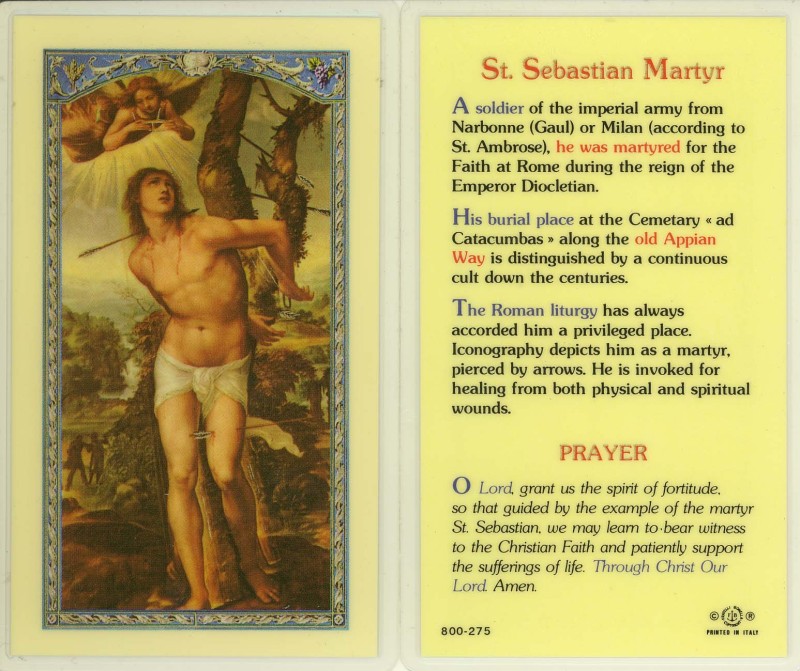 Saint Sebastian (257-288)
Saint Sebastian (257-288)  Pope Saint Fabin (200-250)
Pope Saint Fabin (200-250)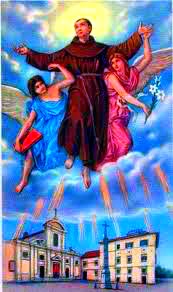
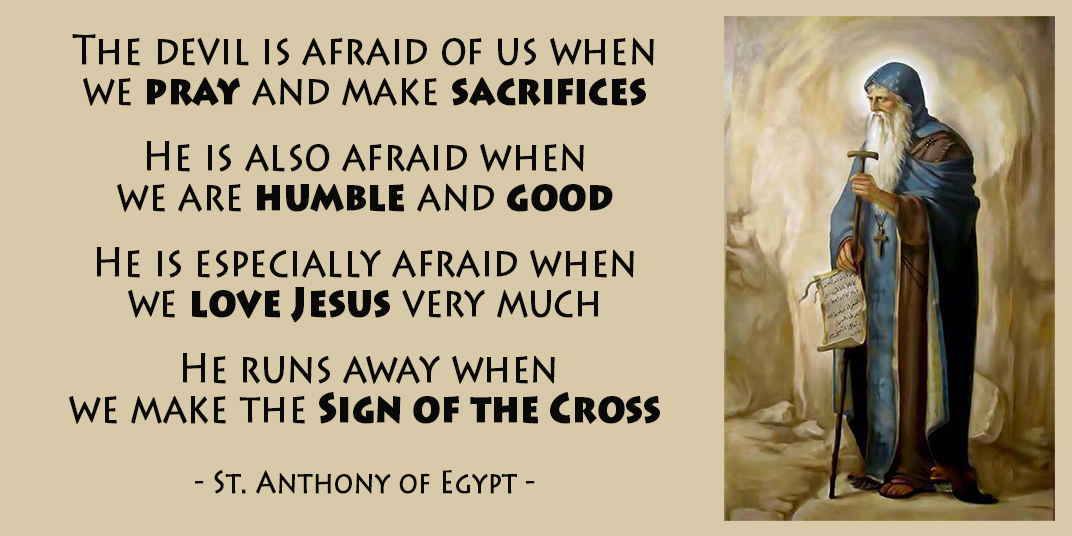 St. Anthony of Egypt
St. Anthony of Egypt Whoever gives to the poor will lack nothing
Whoever gives to the poor will lack nothing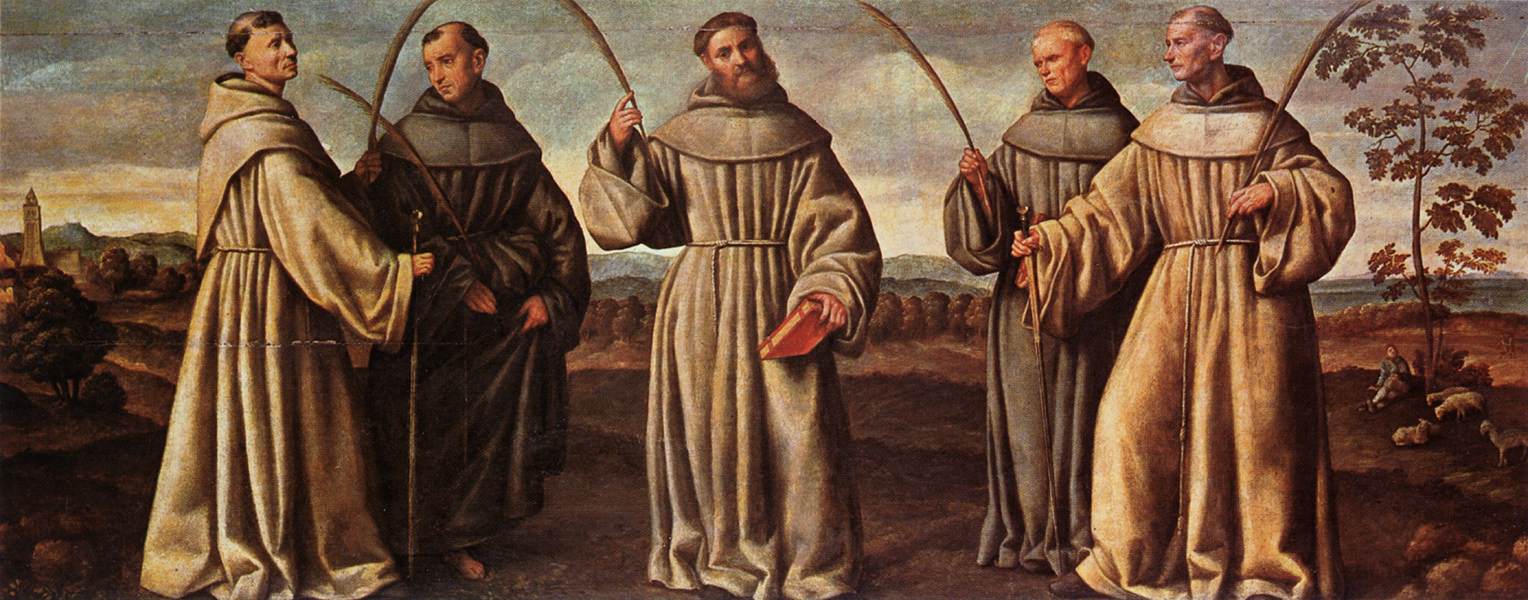 St. Berard & Companions — Martyrs of the Franciscan Order
St. Berard & Companions — Martyrs of the Franciscan Order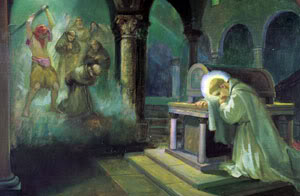
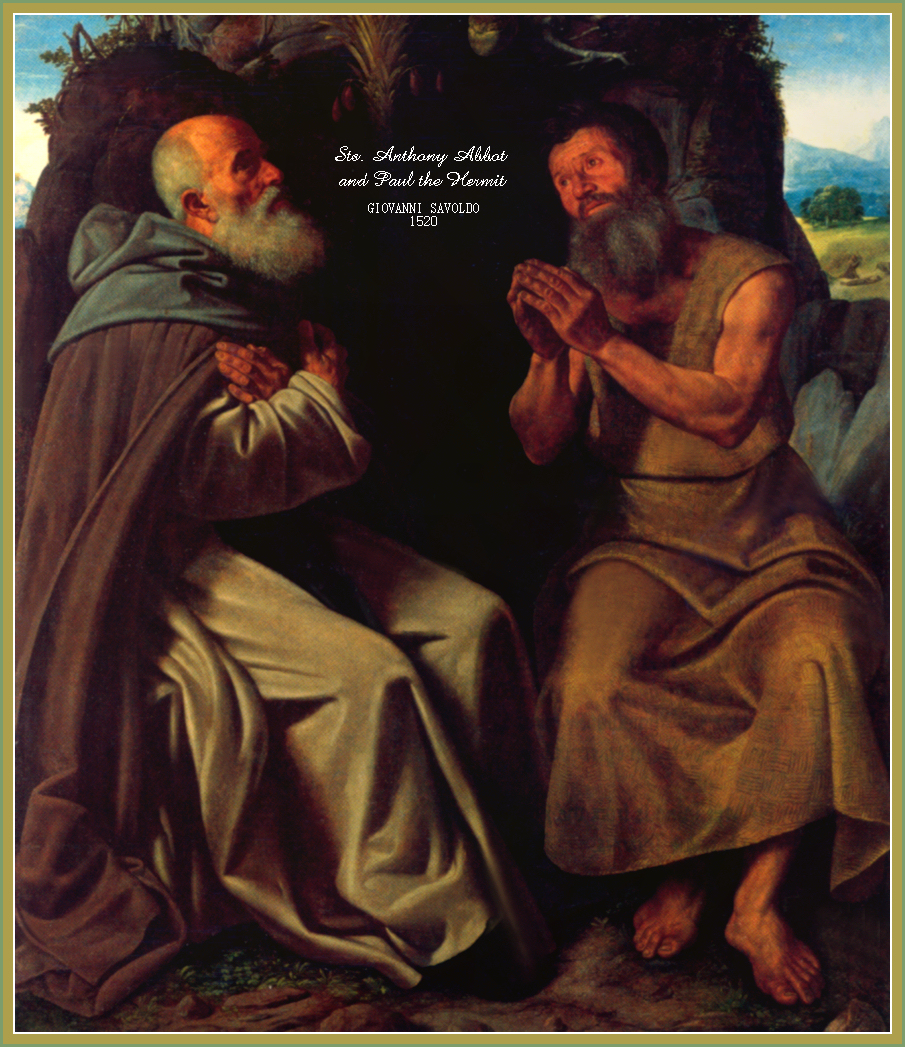 Saint Paul the Hermit (233-345)
Saint Paul the Hermit (233-345)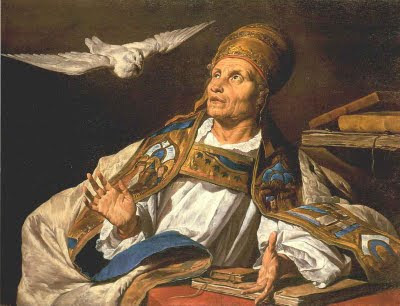 Saint Gregory Nazianzen
Saint Gregory Nazianzen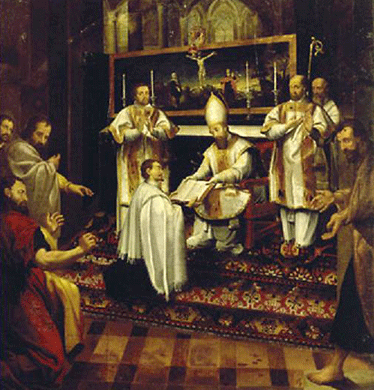 Saint Hilary, Bishop of Poitiers Confers Minor Orders on Saint Martin
Saint Hilary, Bishop of Poitiers Confers Minor Orders on Saint Martin